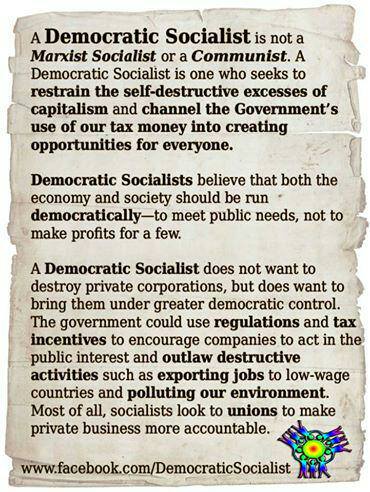Post-Citizen’s United Confessions of a retiring member of the House
"A fund-raising consultant advised that if I didn’t raise at least $10,000 a week (in pre-Citizens United dollars), I wouldn’t be back." There it is: the most important task for members of the house of representatives, according to this NYT article by Steve Israel. It gets even worse: There were hours of “call time” — huddled in a cubicle, dialing donors. Sometimes double dialing and triple dialing. Whispering sweet nothings and other small talk into the phone in hopes of receiving large somethings. I’d sit next to an assistant who collated “call sheets” with donor’s names, contribution histories and other useful information. (“How’s Sheila? Your wife. Oh, Shelly? Sorry.”) . . . I’ve spent roughly 4,200 hours in call time, attended more than 1,600 fund-raisers just for my own campaign and raised nearly $20 million in increments of $1,000, $2,500 and $5,000 per election cycle. And things have only become worse in the five years since the Supreme Court’s Citizens United decision, which ignited an explosion of money in politics by ruling that the government may not ban political spending by corporations in elections. Title of the article: "Confessions of a Congressman."


